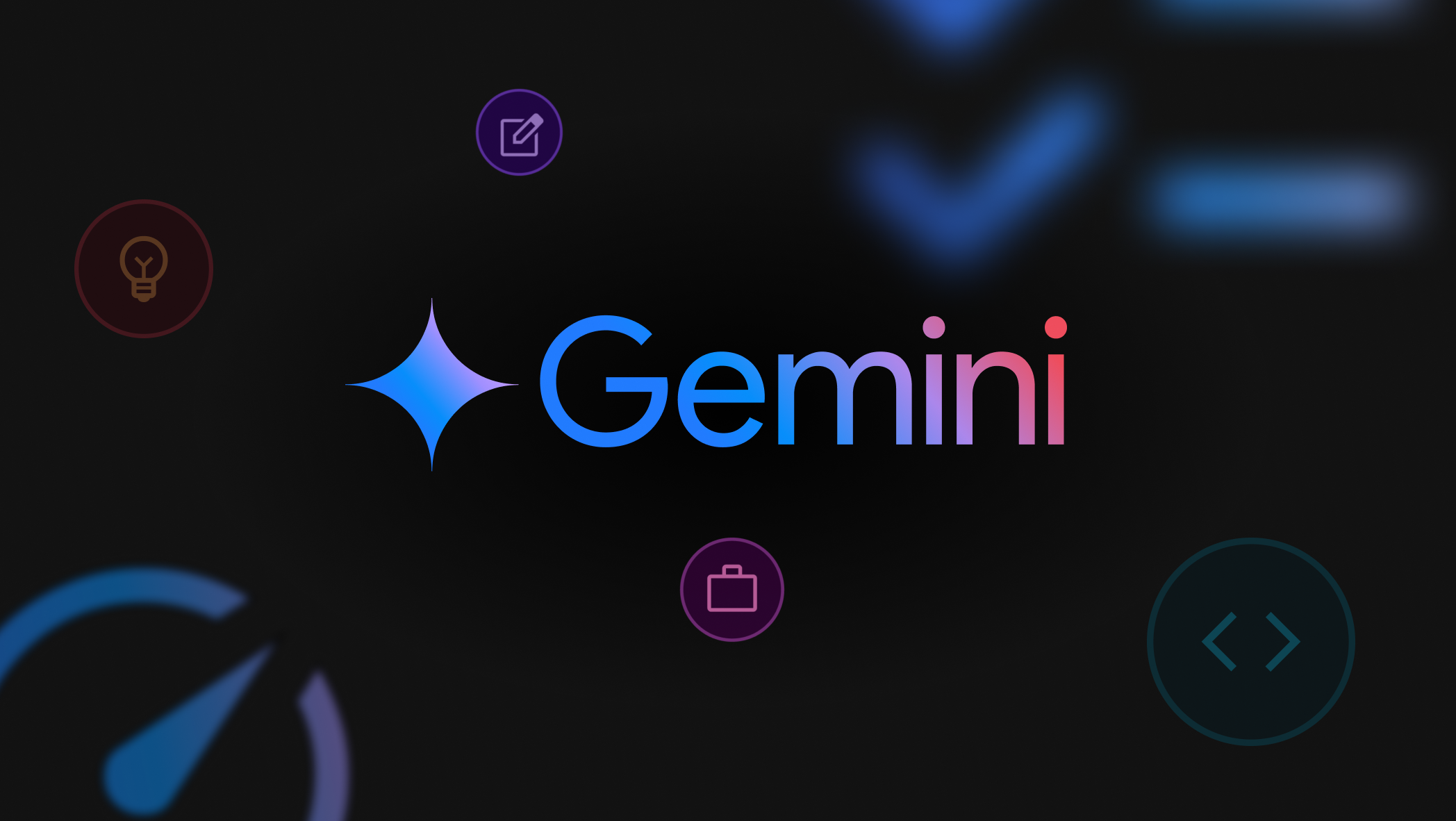
Google Gemini is getting an incredible new feature that will allow it to create mini clones of itself and send them off around the web to find information for you based on a prompt. It can then come back and create a complex, detailed report with links to the information it found.
This new feature will be available to Gemini advanced subscribers as a new model dropdown called Gemini with deep research. In addition to the swarms of AI agents there's a new document feature launching alongside it similar to ChatGPT Canvas that will allow you to see and edit the report.
This is the first foray into what is going to be an entirely new era of AI agents where we hand over control to artificial intelligence. This would allow it to efficiently perform a series of tasks on our behalf. Deep Research is independent of the rumored Google Jarvis agent supposed to be coming to Chrome next year.
Aarush Selvan, Senior Product Manager on the Gemini team spoke to me ahead of the launch and said it is able to reason through the data it finds to create the report. "[It's] your hungry analyst, but it's not your graduate student PhD assistant,” he explained.
What can you do with Gemini Deep Research?
Potential use case examples for Gemini deep research include plans for home renovation projects, creating reports ahead of the purchase of a new vehicle or even something more complex such as analyzing alternative business propositions ahead of launching a new company.
"So really, for those topics where... it's a really thorny research topic where you have to open lots and lots of tabs and sort of stitch together information or you don't even know where to get started... we wanted to build a feature that could really help you to get going,” Selvan told Tom’s Guide.
"As [Gemini Deep Research] browses the web, it's going to reason over what it finds to figure out what it is going to look for next,” essentially, he said, “It is a new way of exploring and learning with content."
When it comes back with a report Gemini Deep Research will present it to you, broken out by headline and section — complete with citations and references. You can link back to any source it gathered the information from and even ask a follow up question and have it refine the report.
During the demo I was given of Deep Research it was able to gather specific information on post graduate grants. In a follow up it could scour the data it had already collected and add additional information, such as including the money available from each grant and present it in a table.
How does Google Gemini Deep Research work?

Google Gemini Deep Research is a “system of 1.5 Pro models” rather than a new standalone model. When you give it a prompt the first Gemini 1.5 Pro ponders the request and develops a plan of action.
It then creates versions of itself to go off and carry out that plan including absorbing the contents of potentially hundreds of websites and public sources.
It won't work with a research paper or website behind a paywall or that requires a sign in to get access to, however you can give it your own data sources.
This isn't a quick process. It can take several minutes to complete the search and provide the final report (which you can export to Docs).
Over those few minutes Gemini refines its analysis, browses the web the way a human might by searching, finding interesting pieces then carrying out a fresh search based on what it learned. It can do this multiple times until it is sure it has enough information for a comprehensive report based on your prompt.
"I would describe this as an agent," Selvan told me, adding that "Gemini 1.5 Pro is sending off versions of itself to go and perform these tasks."
Final thoughts
On its own Google Gemini Deep Research is already an impressive new feature. It is introducing the concept of agents to a mainstream chatbot, even if it's only available to those paying for a Google One account. When you add other features such as the reasoning capabilities being brought into Gemini 1.5 Pro and the document interface for the report — we see hints of what Google is up to.
Unlike OpenAI, which is making a big deal out of every new feature, Google is just quietly cooking in the background adding new elements to existing products that make things easier to use.
I wouldn't be surprised if Deep Research is added into the already impressive Google Gemini Gems, which allow you to customize a version of Gemini on your own data. This would turn Gems into a powerhouse research tool and once NotebookLM podcasting features are added in, it will also become a creative powerhouse as well.
The big deal here is the arrival of agents though. In 2025 we are going to see agents dominate the AI landscape coming from every AI company you can imagine and performing every task you can think of, including writing code, booking flights and browsing the web.







